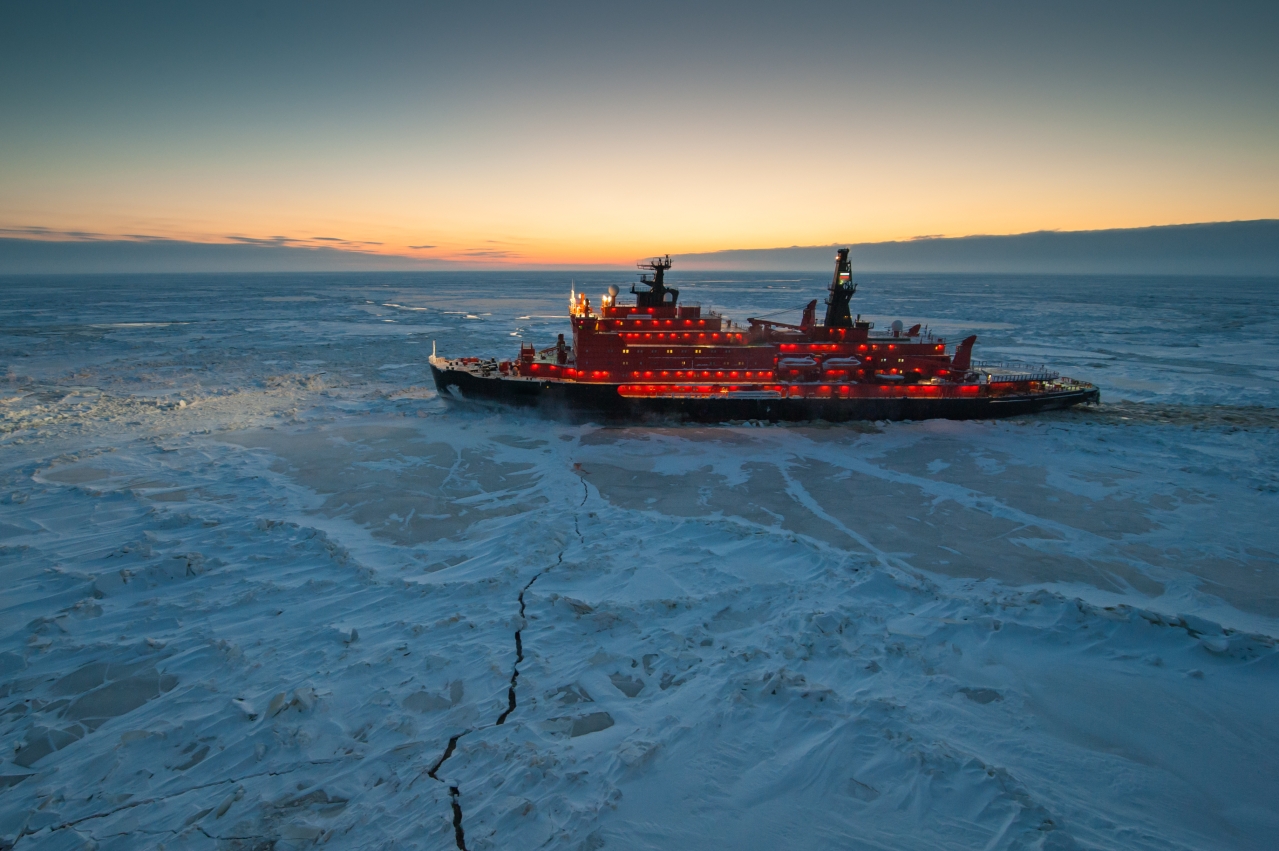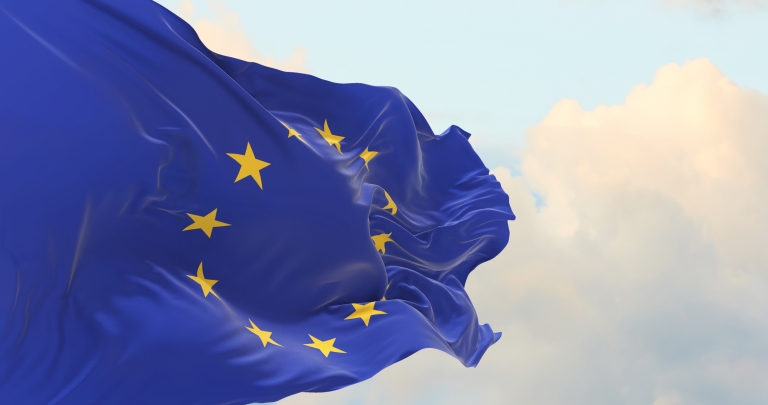The Arctic region has become a “great economic frontier”, hosting economic activities that exceed US$500 billion per year, and attracting a large amount of foreign investment (e.g. from China). However, the increasing economic and investment interests in the region may have a (negative) impact on the sustainable development of the Arctic. And in this respect, from many parts, there is a growing request of promoting “sustainable” investment in the region: suffice to recall that the 2016 European Commission’s Communication on “An integrated European Union policy for the Arctic” states that “[i]nvestment […can] advance sustainable development in the region”. But what does “sustainability” mean when it comes to investment? And how this can be achieved in the Arctic?
The concept of “sustainable development” was elaborated in the 1987 Bruntland Commission Report as “development that meets the needs of the present without compromising the ability of future generations to meet their own needs”.
The linkage of sustainable development to trade and investment is a common theme that appears in the Arctic policies of the Arctic States as well as of the observer States of the Arctic Council. We can briefly recall the 2020 Sweden's strategy for the Arctic region, where Sweden committed to “contribute to sustainable trade and investments in the Arctic region, and work to ensure that the increase in economic activity in the Arctic benefits local economic growth […]”, or the Strategy for the Arctic 2011–2020 of Denmark, which makes it clear that “[t]here is a close correlation between […] trade and investment opportunities, and […] promoting health and social sustainability“.
When it comes to the relevant international economic regulation that apply in the Arctic region, we can count a number of international economic agreements that include a reference to sustainable development: we can recall, for example, the Preamble of the Marrakesh Agreement establishing the World Trade Organization - according to which, “[t]he Parties to this Agreement, Recognizing that their relations in the field of trade and economic endeavour should be conducted […] in accordance with the objective of sustainable development […]” -, Chapter 22 on Trade and sustainable development of the Comprehensive Economic and Trade Agreement between the EU and Canada (CETA), Section IV on “Investment and sustainable development” of the China-EU Comprehensive Agreement on Investment and the Preamble of the Canada - China BIT, where the Parties expressly “[r]ecogniz[e] the need to promote investment based on the principles of sustainable development”.
An explicit link between investment and sustainable development can instead be found in two soft law instruments specifically drafted for the Arctic region: the World Economic Forum´s Arctic Investment Protocol and the Arctic Economic Council’s Code of Ethics. Both instruments aim to foster sustainable development through responsible investment and good business practices.
The Arctic Investment Protocol was adopted in the framework of the World Economic Forum in 2016, and provides a framework of reference for carrying out responsible investment in the Arctic. More specifically, it includes the following six key principles on responsible Arctic development: (1) build resilient societies through economic development; (2) respect and include local communities and Indigenous peoples; (3) pursue measures to protect the environment of the Arctic; (4) practice responsible and transparent business method; (5) consult and integrate science and traditional ecological knowledge; and (6) strengthen pan-Arctic collaboration and sharing of best practices.
The Protocol has received support from multinational corporations, investment firms and industry groups, like Statoil, Shell, Barclays, Guggenheim Partners, Pt Capital, Spanida CIS, Tschudi Shipping Company AS, China Ocean Shipping Group Co and Norwegian Shipowners’ Association.
As regards the implementation of the Protocol, a key role is played by the Arctic Economic Council´s Working Group on Investments and Infrastructure, which launched, in January 2019, an online platform requesting stakeholders to submit best practices in order to strengthen the Protocol and monitor its implementation.
In order to further strengthen the principles included in the Protocol, in 2018, the Arctic Economic Council issued a Code of Ethics, which is specifically intended to businesses and investors. The Code of Ethics is built on six fundamental values: collaboration, sustainability, transparency, competency, innovation and peace.
Both the Arctic Investment Protocol and the Code of Ethics encourage the development of good business practices: the Protocol requires investment to be conducted in a fair, legal and transparent manner, while the Code of Ethics calls for businesses to behave in an open and honest manner.
Both instruments seek to strengthen collaboration among Arctic stakeholders, encouraging the adoption of common standards and best practices when it comes to making investment in the region. Indeed, such instruments can help creating “platforms for cooperation”, as recently pointed out by the Arctic Parliamentarians and the Arctic Economic Council.









